Many people experience a sour taste in their mouths after consuming sweets, and understanding the cause and remedy for this issue is essential. This article will provide insights into why this happens and offer solutions to alleviate the problem.
1 Reasons for Sour Taste when Eating Sweets
Food Residue Causing Sour Taste
Food residue is a common cause of a sour taste after eating sweets. Foods containing yeast or flavor enhancers, such as bread, if not properly removed from the mouth through thorough oral hygiene practices, can leave a sour taste. The residual acids from these foods can linger in the crevices of your teeth, leading to a sour sensation.
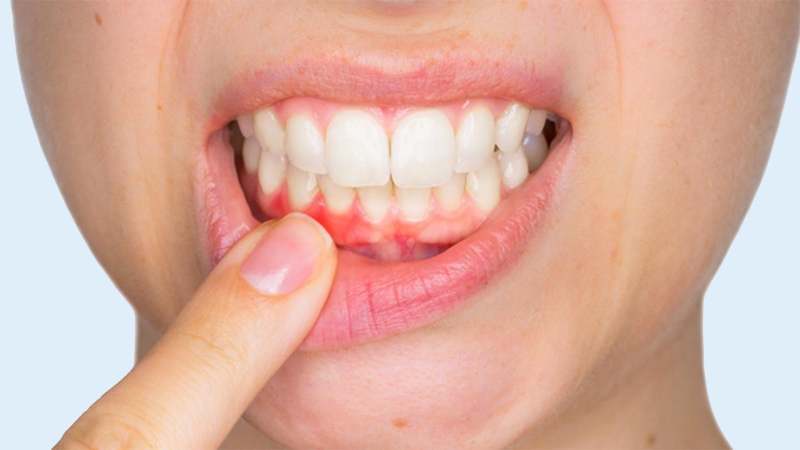
Acids in Sweet Foods
Contrary to popular belief, not all sweet foods provide a purely sweet sensation. Some sweet foods, like certain fruits, contain acids that can leave a sour taste in the mouth. For example, when you chew and swallow a ripe mango, you may still experience a tangy aftertaste.

Additionally, starchy foods like bread, pasta, and potatoes can also produce a distinct sour taste in the mouth. The sourness experienced can vary depending on the characteristics and combinations of these foods.
Oral Bacteria
According to Eastern medicine doctor Thanh Tuan, our mouths are home to various beneficial and harmful microorganisms. The beneficial ones aid in food breakdown by supporting saliva production, while harmful bacteria can cause dental issues by breaking down food debris.
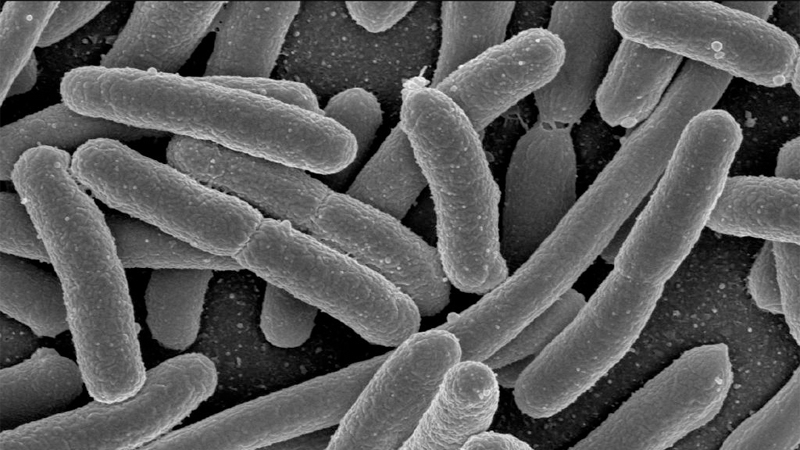
Sweet foods are particularly attractive to harmful microorganisms like yeast and lactic acid bacteria. These bacteria rapidly break down food residue, forming acidic compounds that contribute to the sour taste in the mouth.
The level of sourness depends on the pH level of the food. The lower the pH, the higher the acidity and the more pronounced the sour taste. Additionally, the sourness caused by harmful microorganisms can vary depending on the time of day and the individual’s physical condition.
Tongue Injuries
According to Master of Medicine and Doctor of Medicine Bui Huu Hoang from the Department of Internal Medicine and Gastroenterology at the University of Medicine and Pharmacy Hospital in Ho Chi Minh City, a sour taste in the mouth can also indicate a tongue infection. This occurs when saliva production becomes imbalanced, causing food to stick to the teeth. Over time, the tongue may develop a white coating, become rough, crack, or accumulate deposits, leading to a persistent sour taste, even when consuming sweets.
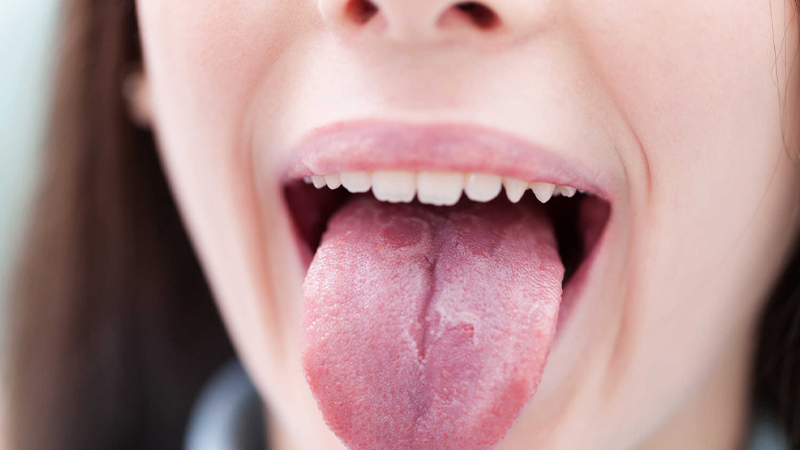
2 Ways to Improve Sour Taste when Eating Sweets
Maintain good oral hygiene by brushing and flossing daily, especially after consuming sweets. Use a tongue scraper or a soft-bristled toothbrush to gently clean your tongue and remove any bacteria or food debris that may be causing the sour taste.
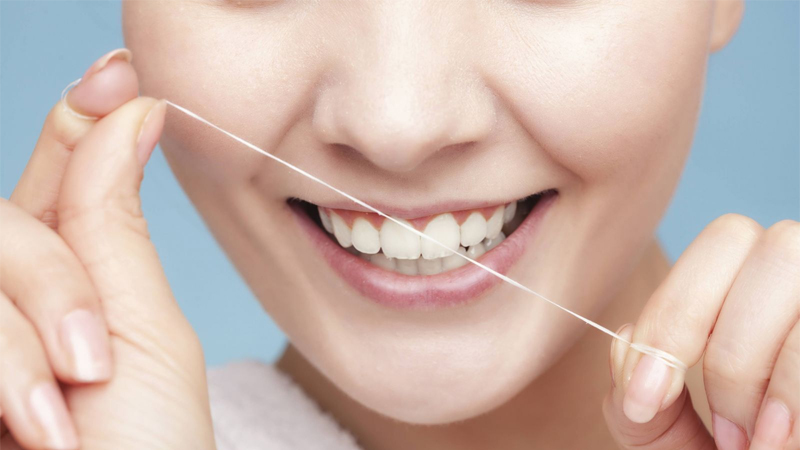
Drink an adequate amount of water after consuming sweets to neutralize the mouth’s pH and prevent bad breath. Water also helps wash away any remaining food particles, reducing the chances of tooth decay.

Use mouthwash with natural, mild ingredients to balance the mouth’s pH and reduce the sour sensation when eating sweets.
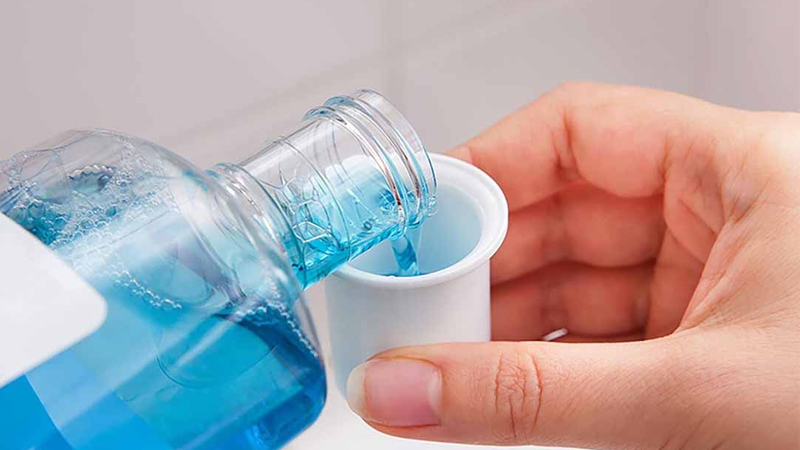
Modify your diet by reducing your daily sugar intake. The American Heart Association (AHA) recommends that men consume no more than 37.5 grams of sugar per day, while women should limit their intake to 25 grams. This can help prevent the sour taste associated with sweet foods.

If the sour taste persists or you notice any unusual symptoms, it is advisable to seek medical attention at a healthcare facility or hospital for proper diagnosis and treatment.
In conclusion, this article has provided insights into the causes of a sour taste when eating sweets and offered practical solutions to address the issue. We hope you found this information helpful and can now enjoy your favorite treats without any unpleasant aftertastes!





































